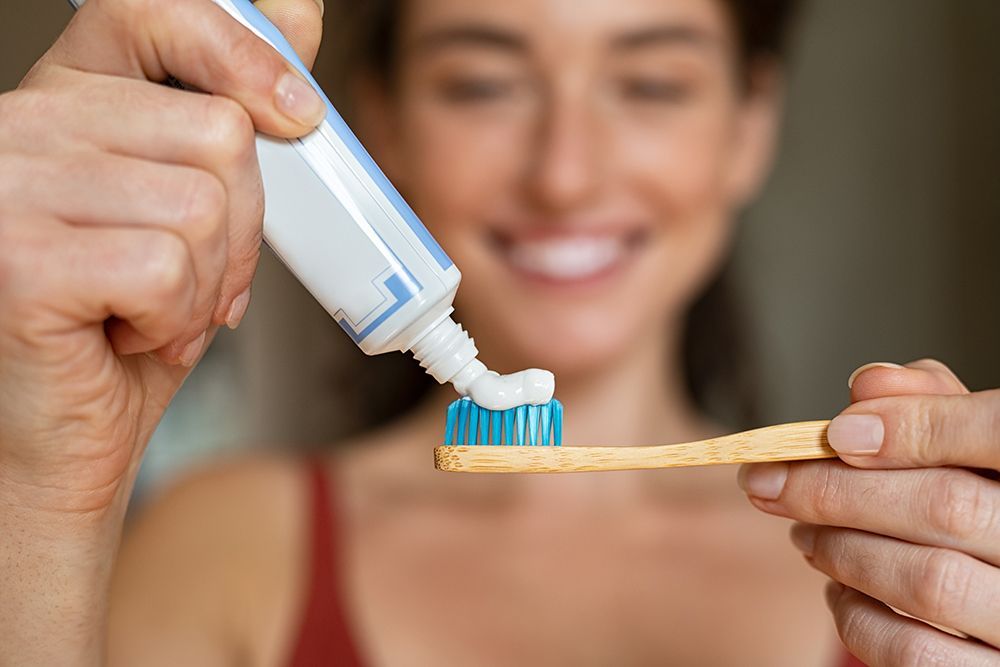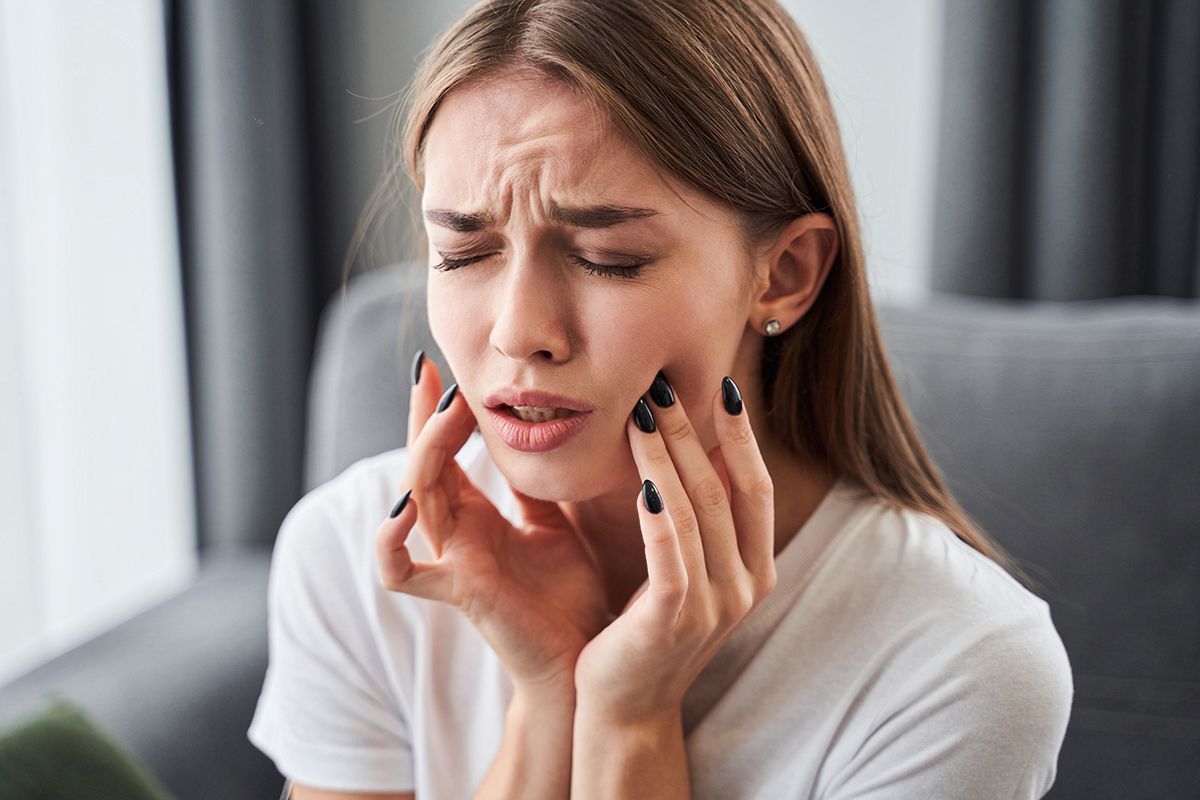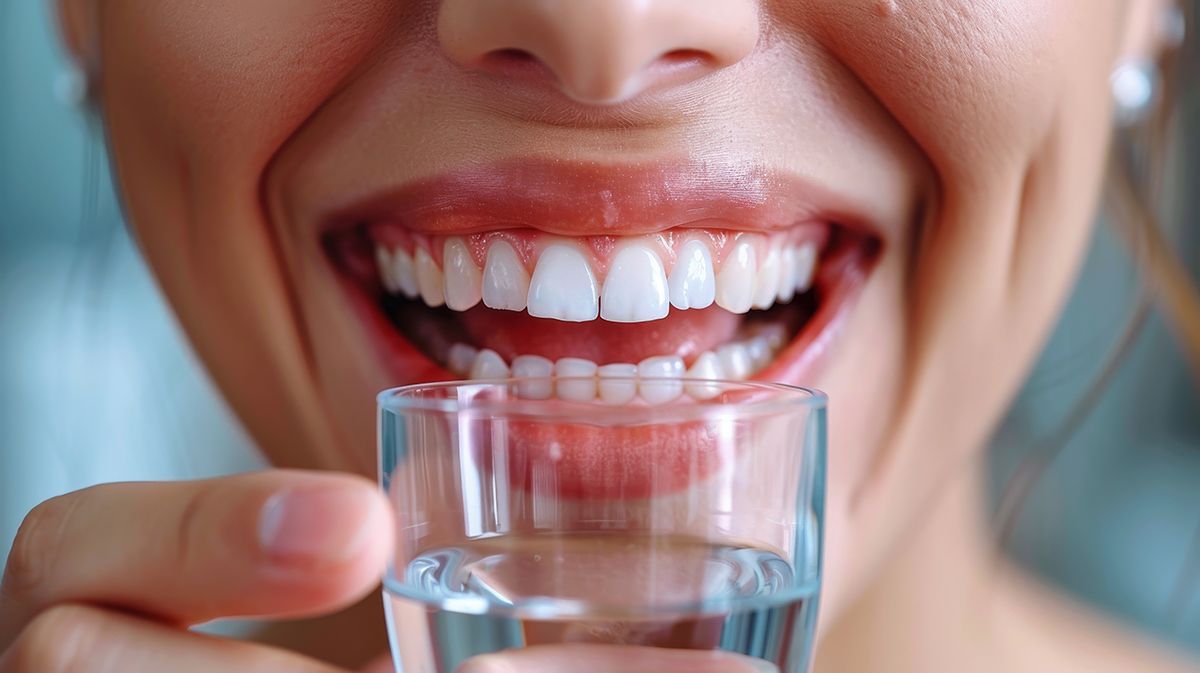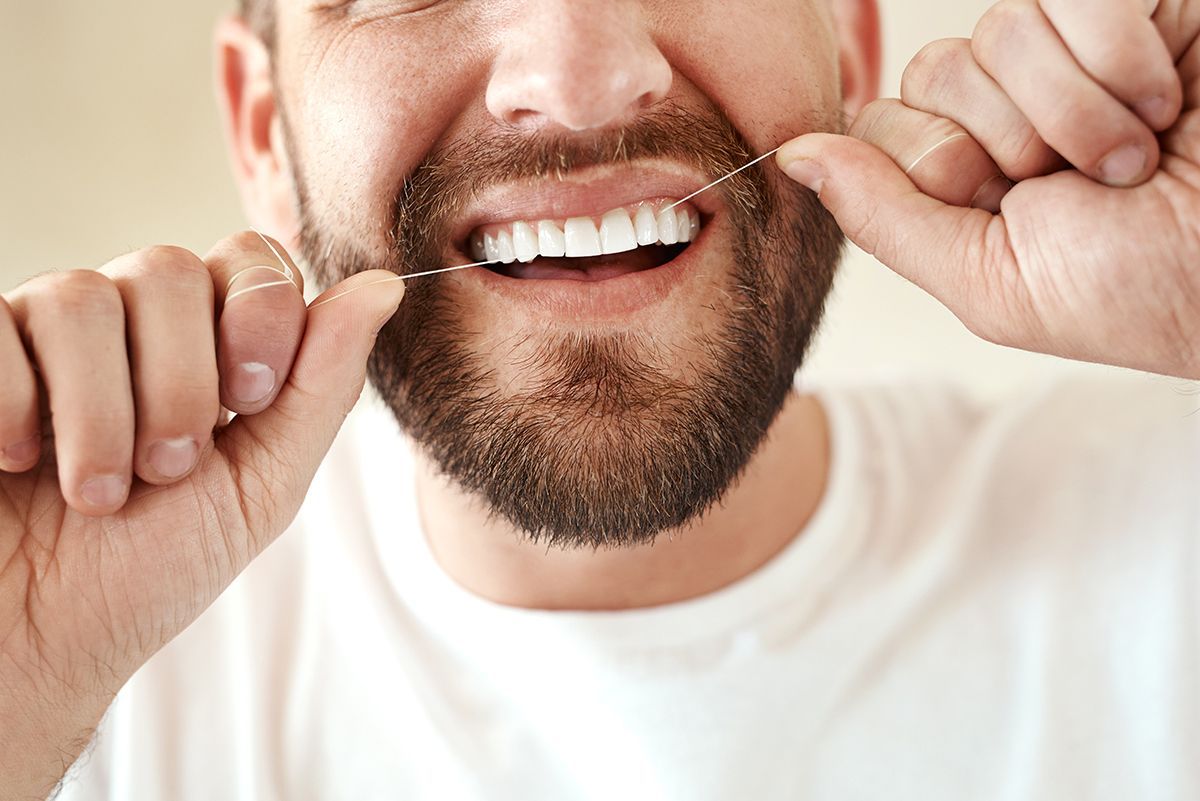11 Top Dental Care Tips from a Dentist
As a dentist, we often get asked a variety of questions from patients about their daily dental care routines. There are many small habits we develop when it comes to our oral hygiene, but not all of them are necessarily beneficial. Some of these habits may be rooted in misconceptions, while others could simply benefit from small tweaks to improve overall effectiveness.
With the number of dental products and advice available today, it can sometimes feel overwhelming to figure out the right approach to maintaining your oral health. So, here at
Oadby Dental Clinic we thought we’d share some top dental care tips to help you keep your teeth and gums healthy. These tips will address everything from how often to change your toothbrush to choosing the right toothpaste and maintaining an overall oral hygiene routine that supports long-term dental health.
1. How Often Should You Change Your Toothbrush?
Many people tend to hold on to their toothbrushes for much longer than they should. Ideally, you should change your toothbrush every
three months. Over time, the bristles on a toothbrush wear down, losing their effectiveness in removing plaque and food particles. Additionally, an old toothbrush can harbour bacteria, which can lead to infections if you're brushing with a contaminated brush.
It's also important to change your toothbrush after you've been sick. Germs can linger on the bristles, which increases the chances of re-infection. If you notice that the bristles of your toothbrush are fraying or losing their shape before the three-month mark, that’s also a sign it’s time to replace it.
Pro tip: Don’t forget to clean your toothbrush regularly by rinsing it under hot water after each use. Store it upright and allow it to air dry to minimise bacteria buildup.
2. How Often Should You Replace Your Toothpaste?
While toothpaste doesn’t expire as quickly as a toothbrush, it’s still important to replace it every time you finish a tube, which typically lasts about three months depending on usage. However, many people are unaware that toothpaste has an expiration date. Most toothpaste brands will have an expiration date printed on the tube, and you should avoid using toothpaste past that date because the active ingredients, such as fluoride, can lose their effectiveness over time.
When choosing a toothpaste, make sure it contains fluoride, which is crucial for strengthening tooth enamel and preventing decay. Whether you choose whitening toothpaste, tartar control, or a toothpaste designed for sensitivity, fluoride should always be a key ingredient. Specialty toothpaste, such as those for sensitivity, can take a few weeks to show noticeable results, so be patient and consistent in your use.
3. How Often Should You Visit the Dentist?
Many people think that visiting the dentist once a year is sufficient, but that’s not always the case. For most individuals, a
dental check-up every six months is ideal. These visits allow us to catch any potential issues early, such as cavities, gum disease, or even oral cancer, before they become more serious problems.
During your
dental check-up, you’ll also receive a professional cleaning to remove plaque and tartar build-up that can’t be eliminated by brushing and flossing alone. For patients with particular concerns, such as gum disease or a history of dental problems, I may recommend more frequent visits—perhaps every three to four months.
Remember, even if your teeth feel and look fine, regular check-ups are essential in maintaining good oral health. Issues like gum disease often develop silently without pain or noticeable symptoms in the early stages.

4. Why Flossing is Non-Negotiable
Many people skip flossing in their daily routines because they either find it inconvenient or assume that brushing alone is enough. However, flossing is crucial because it removes food particles and plaque from between your teeth, which a toothbrush can’t reach.
Flossing daily is essential for preventing gum disease, cavities between the teeth, and bad breath. If traditional floss is too difficult for you to use, there are alternatives like
floss picks or
water flossers. Water flossers, in particular, are a great option for people with braces, dental bridges, or sensitivity.
Make flossing a part of your nightly routine so you can remove any food debris or plaque that has accumulated throughout the day. It only takes a couple of minutes, and the long-term benefits are well worth it.
5. Brush Twice a Day—but Don’t Overbrush
Most people know that they should brush their teeth twice a day, once in the morning and once before bed. What’s less commonly known is that you shouldn’t brush immediately after eating acidic foods like citrus fruits, soda, or coffee, as this can actually damage your enamel. Wait about 30 minutes after meals to brush your teeth, allowing your saliva to neutralise the acids.
In addition,
don’t overbrush or use too much pressure when brushing. Brushing too hard or for too long can erode the enamel, cause gum recession, and make your teeth more sensitive. Use a soft-bristled toothbrush and a gentle circular motion for two minutes—this will effectively clean your teeth without causing damage.
6. The Importance of Using Mouthwash
Mouthwash isn’t a substitute for brushing or flossing, but it can be a helpful addition to your routine. Fluoride-based mouthwashes help strengthen your enamel and provide an extra layer of protection against cavities. Antibacterial mouthwashes can also reduce plaque and freshen your breath.
If you suffer from dry mouth, choosing a mouthwash designed for this condition can be particularly beneficial. However, be cautious about using mouthwashes with alcohol if you have sensitive gums or dry mouth, as alcohol can exacerbate dryness.
7. Limit Sugary Snacks and Drinks
Your diet plays a significant role in your oral health. Sugary snacks and drinks feed the harmful bacteria in your mouth that produce acids, leading to cavities and tooth decay. Sticky candies and snacks are particularly bad because they tend to cling to your teeth and are difficult to remove, even with regular brushing.
Try to limit your intake of sugary snacks, sodas, and juices. If you do indulge, it’s a good idea to rinse your mouth with water afterward and wait before brushing your teeth. Drinking water throughout the day can help rinse away sugars and acids while keeping your mouth hydrated.
8. Don’t Ignore Signs of Sensitivity or Pain
Tooth sensitivity can be a sign of various dental issues, ranging from enamel erosion to cavities or gum recession. If you experience sensitivity when eating hot, cold, or sugary foods, it’s a good idea to mention it during your next dental visit.
Tooth pain, on the other hand, is never something to ignore. Pain can be a sign of a serious problem, such as an infection, abscess, or deep cavity that requires immediate attention. Delaying treatment can result in more complex (and expensive) procedures down the road, such as root canals or extractions.
9. Protect Your Teeth During Sports
If you participate in sports or any other high-impact activities, wearing a
mouthguard is essential to protecting your teeth from trauma. Sports-related injuries are one of the leading causes of dental emergencies like broken or knocked-out teeth. Custom-made mouthguards offer the best protection as they’re designed to fit your teeth perfectly and provide optimal comfort during play.
10. Stay Hydrated for Better Oral Health
Staying hydrated is not only good for your overall health but also essential for your oral health. Drinking water helps maintain saliva production, which is your mouth’s natural defence against tooth decay. Saliva neutralises acids, washes away food particles, and contains proteins and minerals that protect the enamel.
If you suffer from dry mouth, staying hydrated and possibly using a saliva substitute can help prevent dental issues associated with decreased saliva flow, such as cavities and gum disease.
11. Quit Smoking for Your Teeth and Gums
Smoking and tobacco use significantly increase your risk for gum disease, tooth loss, and oral cancer. It can also lead to staining, bad breath, and delayed healing after dental procedures. If you smoke, quitting is one of the best things you can do for your oral and overall health.
There are many resources available to help you quit smoking, including nicotine replacement therapies, counselling, and support groups. It’s never too late to improve your health by making this life-changing decision.
Maintaining good oral health doesn’t have to be complicated, but it does require consistency and attention to detail. By replacing your toothbrush regularly, flossing daily, using fluoride toothpaste, and staying on top of your dental appointments, you’re setting yourself up for a lifetime of healthy teeth and gums. If you ever have concerns about your dental health or need personalised advice, don’t hesitate to reach out to
Oadby Dental Clinic. Your smile is worth it!



